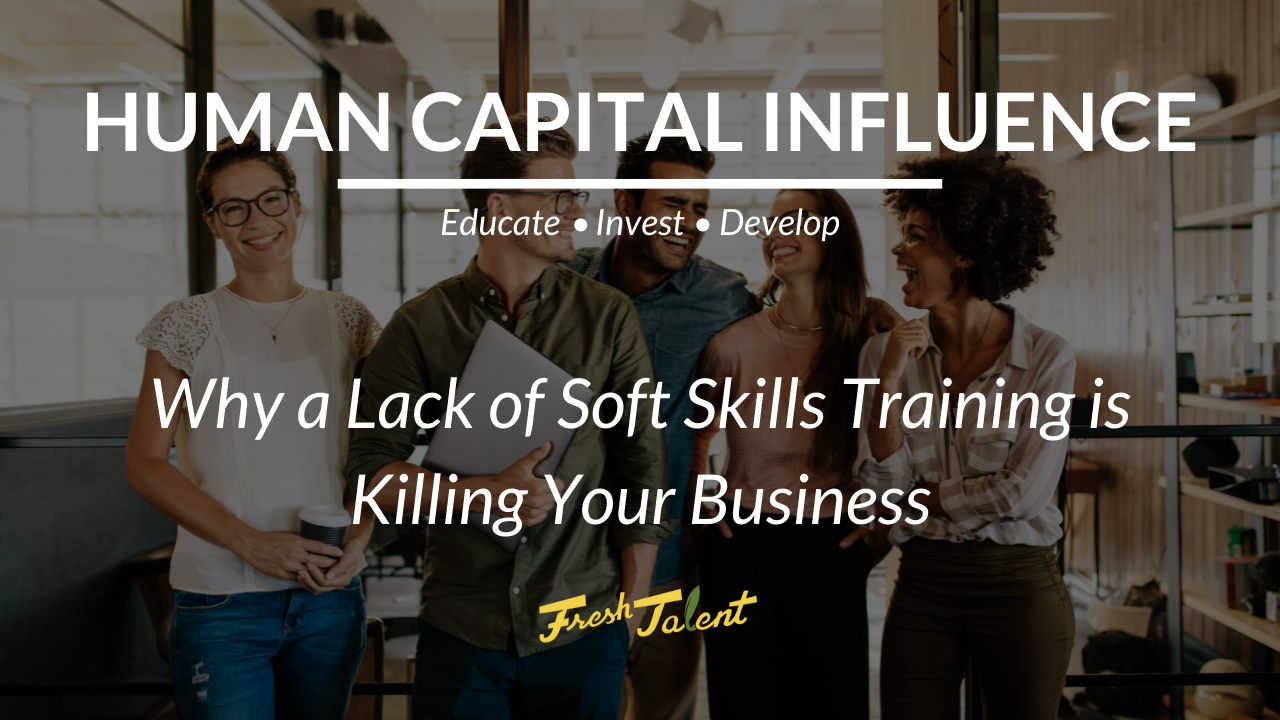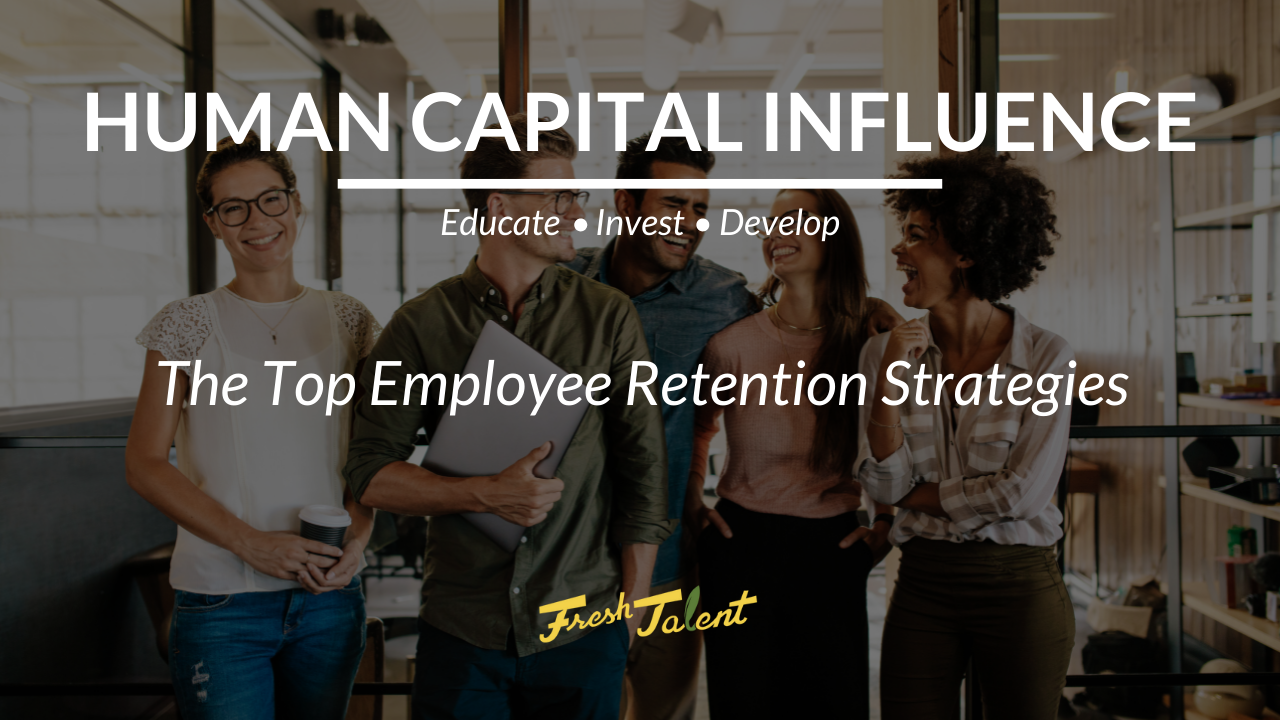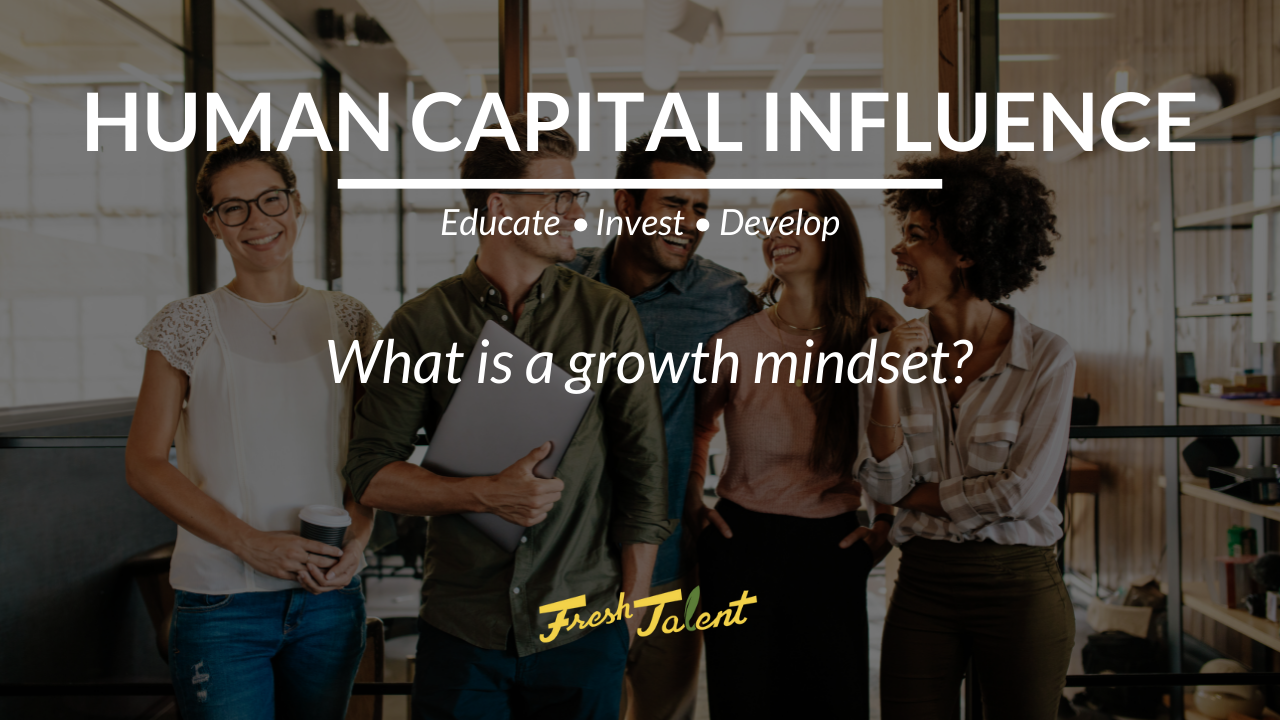Why your lack of soft skills is killing your business

Soft skills — or a lack thereof — will determine the success or failure of your business. Yes, technical skills remain critical. A physician must be able to diagnose and treat diseases. A grain merchandiser must understand how to buy and sell grain. Additionally, service technicians must be capable of changing the oil on a tractor.
As it stands today, your industry has many qualified, knowledgeable professionals. Soft skills are what set you apart from the competition. Consider a physician who is highly skilled but has no bedside manner. Do you believe he will retain many patients for an extended period? Most likely not.
In essence, hard skills are the entry fee into the game. Soft skills are essential to success. It's for a business to succeed with employees incapable of navigating interpersonal situations. Most companies know this, so 77% agree that soft skills are just as critical as hard skills when evaluating an employee's strengths.
Many typical business...
The Top Employee Retention Strategies

If only the Great Resignation could be converted into the Great Retention of employees. For the time being, the job market's volatility has made this a common scenario:
You're at a loss when a top performer abruptly resigns. While you look for a replacement for their colleague, you rely on your remaining team members to take on the more significant duty. That acts as a tipping point, causing people to consider leaving. At the absolute least, it may have an impact on staff morale, which could stifle work performance and engagement.
So now is the moment to double-check that your company is doing everything it can to boost job happiness and, ultimately, employee retention.
Why are employees quitting their jobs?
Exit interviews can give you significant insight into your company's employee perspective and help you figure out if your staff retention methods need to be tweaked.
The departing employee will most likely claim one or more of the following reasons for quitting their job:
- ...
What is a Growth Mindset?

What is a growth mindset?
Carol Dweck, a Stanford University psychologist, professor, and researcher, created the phrase "growth mindset" in her 2006 book Mindset: The New Psychology of Success. According to Dweck, people have a growth mindset when they believe their genetics or talents don't limit them. On the other hand, they have the ability to learn, grow, and improve.
A "fixed mindset," on the other hand, is when a person believes they have a fixed set of features that are unlikely to change. These two attitudes can manifest themselves in the workplace on an individual and organizational level. Dweck has undertaken research after the release of her book, finding that most businesses have a general trend toward either fixed or development mindsets.
What are the benefits of a growth mindset in the workplace?
Distinguishing between a growing and a fixed mindset may appear to be subjective at first. However, Dweck's, her collaborators', and others' research consistently reveal that...
What is Human Capital?

What Is Human Capital and How Does It Work?
The economic value of an employee's experience and talents is called human capital. Education, training, intelligence, skills, health, and other qualities valued by employers, such as loyalty and punctuality, are examples of human capital. As a result, it is an intangible asset or characteristic that does not (and cannot) appear on a company's balance sheet. Human capital can boost productivity and, consequently, profits. The more a business invests in its personnel, the better its prospects of productivity and success increase.
IMPORTANT TAKEAWAYS
- Human capital is an intangible asset that is not recorded on the financial sheet of any business.
- The term "human capital" refers to qualities such as an employee's experience and skills.
- Because not all labor is created equal, companies can develop human capital by investing in their employees' training, education, and perks.
- Economic growth, productivity, and profitability are all seen to be...

